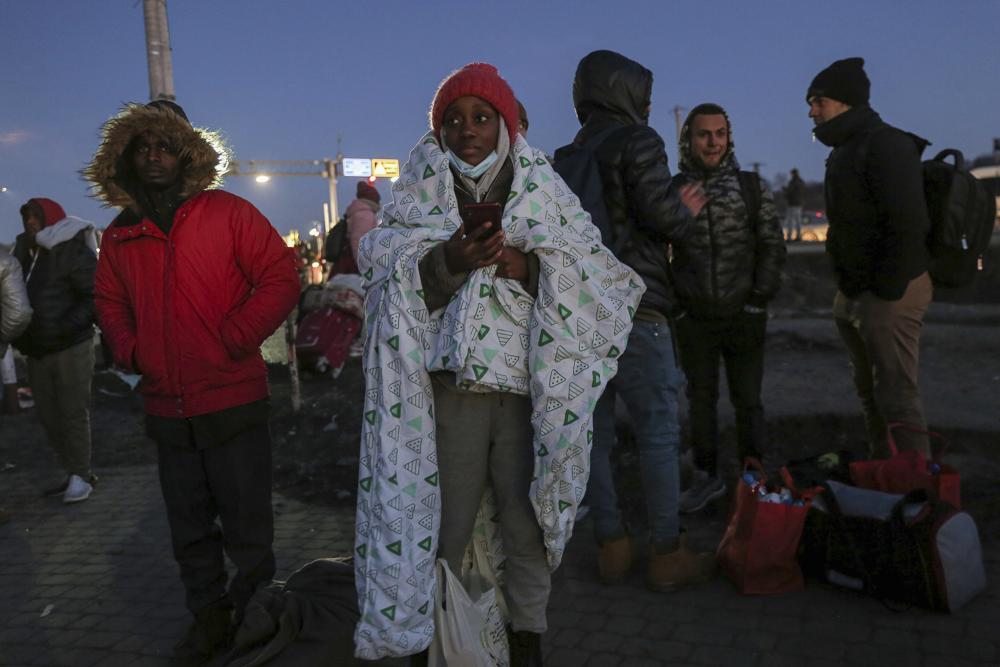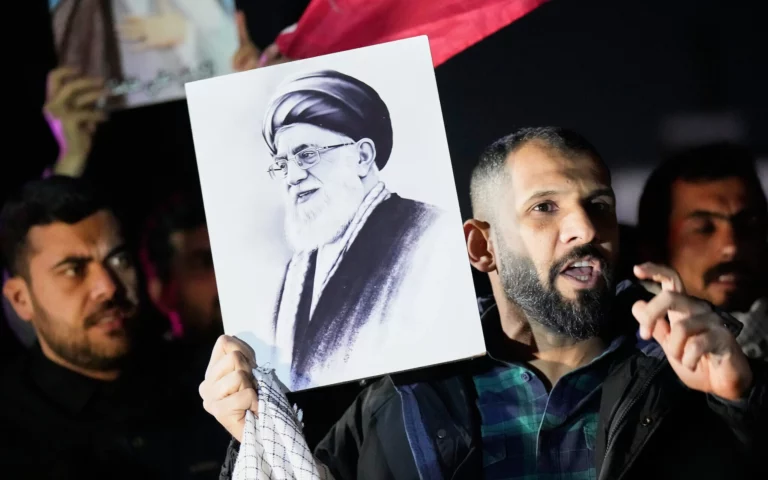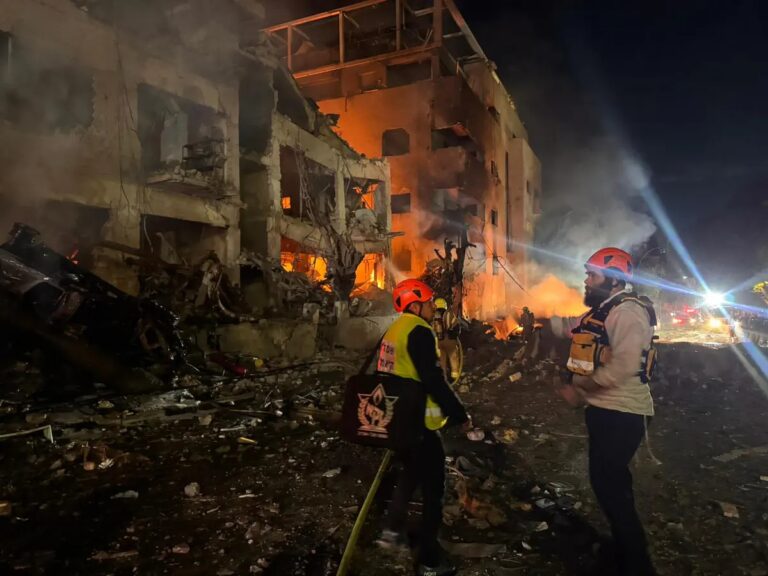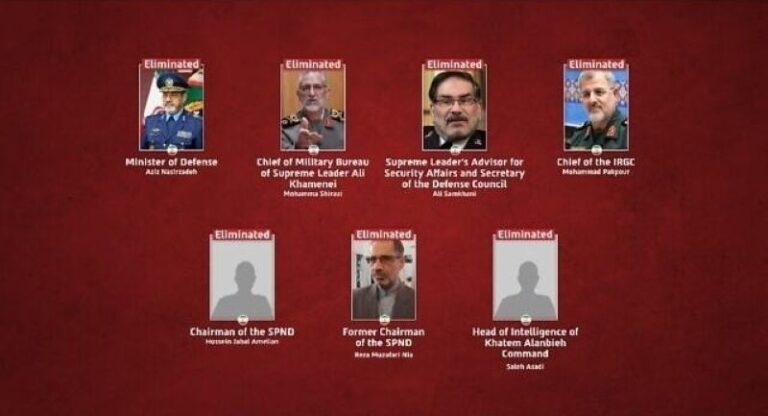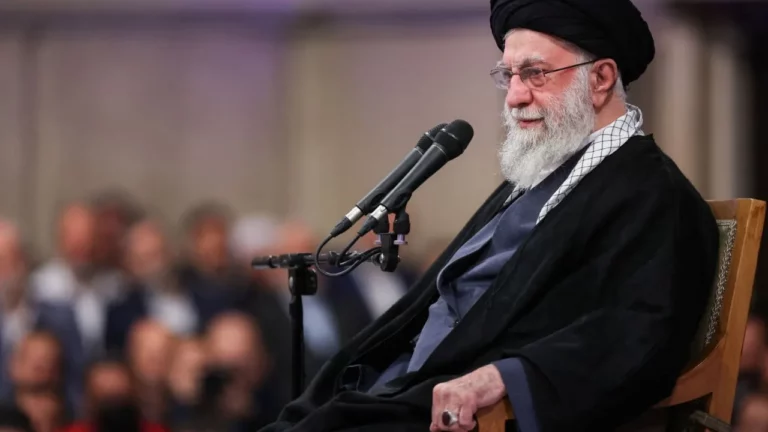All day long, the trains and buses taking people from Ukraine to the safety of Polish border towns are carrying large numbers of citizens of other countries whose lives have been upended along with those of Ukrainians fleeing a homeland under attack.
In Przemysl, a town which has become the first stopping point in Poland for many refugees of the war, people who came to Ukraine from African and Middle Eastern countries are among the thousands of individuals and families seeking help.
They include students who had been studying at Ukrainian universities and are unsure if they will be able to return. Several students said they would try to continue their educations elsewhere in Europe rather than return to their native countries.
“Of course I will stay in Europe,” Ahmed Mughni, a 22-year-old from Yemen, said as he warmed himself over a campfire after crossing into Poland at Medyka. Mughni has been studying cybersecurity and radio electronics in Kharkiv, Ukraine’s second-largest city, which Russian strikes pounded on Tuesday.
“Yemen is also a place of war,” he explained in an interview with The Associated Press.
Ahmed Ibrahim, a 23-year-old Egyptian, arrived in Poland with his cat in a carrier late Monday, feeling stunned and sick after days of travel. He said he had studied medicine in Ukraine for five years and had only one year left. Ibrahim had no idea what his future holds or even what his next steps are.
“What should I do?” he asked.
Earlier, a Pakistani man got off a bus that had come from the city of Lviv in western Ukraine. Shaking in the cold of a supermarket parking lot, he told a volunteer that he wants to go to Germany but has no money.
The volunteer asked him if he wanted to be taken to Krakow, a Polish city that would bring him closer to Germany, and he said yes.
The U.N. refugee agency said Tuesday that some 660,000 refugees had already fled from Ukraine into neighboring countries. Poland, a European Union country that is already home to many Ukrainians who went there to work in recent years, has seen the most arrivals.
“This figure has been rising exponentially, hour after hour, literally, since Thursday,” agency chief Filippo Grandi told the United Nations Security Council on Monday, when the number had exceeded half a million. “I have worked in refugee crises for almost 40 years and I have rarely seen such an incredibly fast-rising exodus of people — the largest, surely, within Europe, since the Balkan wars.”
The U.N. has estimated that as many as 4 million refugees could leave Ukraine if the war deteriorates further.
Poland’s ambassador to the U.N., Krzysztof Szczerski said that people of some 125 nationalities had been admitted from Ukraine on Monday morning alone. Ukrainians naturally accounted for the vast majority. But Polish officials said the refugees included at least 100 nationals from each of the following nations: Uzbekistan, Nigeria, India, Morocco, Kazakhstan, Pakistan, Afghanistan, Poland, Belarus, Iran, Turkey, Algeria and Russia.
Rania Sadki, a Moroccan architecture student who spent her 20th birthday in a sports hall in Medyka, a village in southeastern Poland, said she planned to go to an uncle in Belgium.
Some non-Ukrainians have complained that they have waited longer in line to cross the Polish border than Ukrainians and in some cases felt treated poorly.
Sadki’s friend Fatima Arrossufi, who also had been studying architecture in Kharkiv, reported that Ukrainian border guards hit her boyfriend on the head and leg and he was hospitalized in Ukraine.
Kaneka Agnihotri, an Indian student who has lived in Ukraine for six years, walked six hours without food to the Shehyni border crossing. There, she said, Ukrainian guards humiliated her and a group of other Indians, telling them to stand up and sit down over and over again and getting close to them with guards.
She told the AP that her group later moved to a different border crossing where they were treated well. Once the group reached Poland, officials did everything to help, Agnihotri said.
At a refugee center set up in Bucharest, Romania’s capital, many Indian citizens told the AP on Tuesday they faced pushbacks at border crossings and Ukrainians were given priority in getting out of the country.
“They were preparing their own citizens to go first … and barely giving us a chance to cross,” Vishwajeet Kumar, a 24-year-old medical student. Kumar said he heard gunfire and saw people faint during a 20-hour wait at the Romania-Ukraine border.
“Every time we got near to the border, they pushed us back,” he said.
There have been some reports that Africans, in particular, have been treated badly by Ukrainian border guards.
Cihan Yildiray, a 26-year-old from Turkey who has been working in Kyiv, said Ukrainians passed through the border checkpoint more easily. He said he saw Black people and Arabs being beaten by Ukrainian guards.
(AP)

